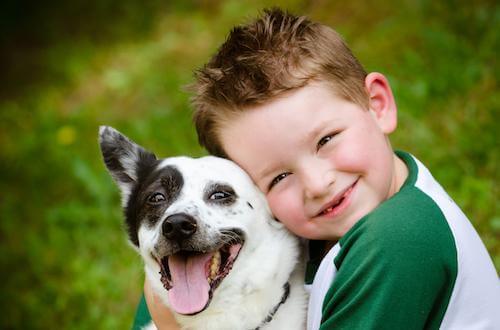Estimated reading time: 3 1/2 minutes
There are only two lasting bequests we can hope to give our children.
One of these is roots, the other, wings.
~ Johann Wolfgang von Goethe
Children’s awareness really starts to expand at around eight years old. They are more aware of the larger world around them, as opposed to only thinking about themselves and their immediate circle. This is a very special time of being in-between a small child and a teenager. As always, lots of active engagement is needed to make sense of the world.
This is a wonderful time to continue consolidating that beautiful bond between yourself and your child to prepare them for their teenage years. If you allow plenty of one-on-one time to be together generally chatting about things as they come up, this becomes an automatic way of being that continues throughout the teenage years. An open line of communication is ideally nurtured right from the early years, allowing an easy and natural flow.
It is important to remember that you are the adult. Children want parents who are strong, wise, kind and gentle—someone they can look up to and trust. In many cases, when a parent is absent emotionally or physically for a child, the child is forced to take on extra responsibility—becoming a “parentified” adult. Ideally, a child is free to be a child, taking on increasing and incremental responsibility until they are around eighteen years old and able to be fully independent in the world.

Alternatively, when a parent has not been parented well themselves, the combination of unaddressed needs and parental power can lead to a role reversal known as parentification. Later on in life, this can lead to issues such as depression, anxiety, low self-esteem and workaholism in the adults who experienced parentification as children.
If forced to take on responsibility too early in life, children may feel the weight of it on their small shoulders or feel completely overwhelmed, causing them to emotionally shut down to protect themselves. Children with parents in crisis can often end up trying not to be too much trouble. They may try to support their parents emotionally just when they need to be supported through their natural stages of emotional development.
Parents struggling can also lean on children emotionally, using them as a confidant to their “adult” problems. This is not appropriate, as children are burdened by situations and worries that are not in their control and they are powerless to sort out. In other cases, children are expected to take care of the parent’s physical duties such as housework, caring for younger siblings and management of parental affairs.
As a parent, if you feel overwhelmed by your situation or emotions, it is worthwhile to get the emotional support you need externally. (My eCourses: Bliss Every Day and Love Now can help in this area). Stepping into your confident and present self is the best gift you can give your children. This does not have to be tomorrow and it is not about being perfect; it is about leading the way in your family by example. Taking care of and nurturing yourself is important so that you can “give” as parents or caregivers from a place of abundance.

The correct order of things is that you are the adult or parent and the child is the child. This may sound obvious, but many children grow up in a co-dependent relationship where they emotionally support or modify their needs for the parent. This plays out in a negative way when feeling overly responsible for others or developing the unconscious belief that their needs are not important. No one would consciously carry unsupportive beliefs for themselves.
Parents need to be the trusted leaders—not dominating or controlling—but in a loving way. This enables children to feel secure, and models to them how to be in control of their life. Children then feel that their needs, emotionally and physically, are supported and valued, facilitating a healthy level of self-esteem.
Article by Deborah Fairfull
To discover more about parenting and children, click here.









Deborah, your three children are outstanding examples of your parenting – strongly individual, fun loving and exceptionally caring towards people of all ages.